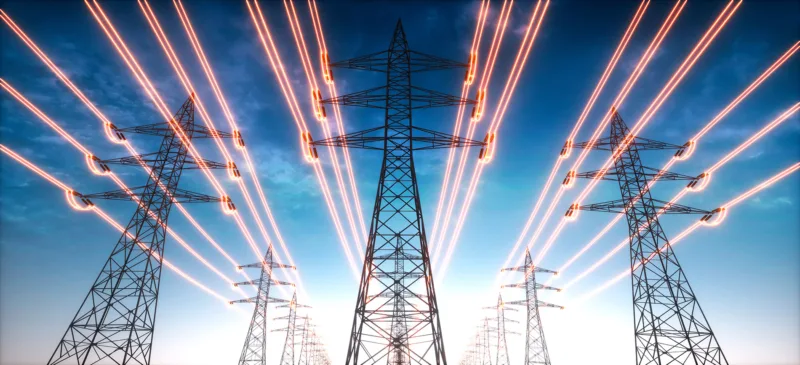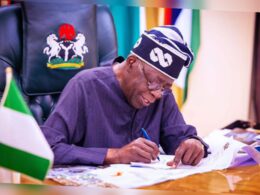The Federal Government announced on Friday that approximately 92 million Nigerians do not have access to electricity from the national grid. The announcement was made by the Minister of Power, Adebayo Adelabu, during the closing ceremony of the 7th Nigeria International Energy Summit held in Abuja.
The event brought together experts and industry players who expressed concern over the inadequate generation and supply of electricity to over 200 million citizens across the country. The Minister highlighted the significance of adequate access to energy for socio-economic development and emphasized the urgent need to address the energy access gaps in Nigeria.
Adelabu acknowledged that while energy poverty is a global challenge, Nigeria faces a particularly dire situation, with 40 per cent of its population currently without access to electricity from the national grid. He stressed the importance of collaboration among stakeholders to tackle the issue effectively, noting that the government alone cannot handle the situation.
The Minister emphasized the far-reaching implications of energy poverty on various aspects of life, including poverty alleviation, healthcare, education, and youth unemployment. He called for concerted efforts to bridge the energy access gap and ensure that electricity becomes accessible to all Nigerians, regardless of their geographical location or socio-economic status.
In recent years, significant progress has been made globally in improving access to electricity. However, challenges remain, particularly in regions with limited infrastructure and resources. Adelabu highlighted the importance of exploring alternative energy sources, such as renewable energy, to provide electricity to remote areas that may not be reached by the national grid.
He urged stakeholders to work together to develop strategies and solutions for expanding energy access across the country. By leveraging renewable energy technologies and fostering collaboration between the government, private sector, and civil society, Nigeria can make significant strides towards addressing its energy poverty challenges.
The Minister’s remarks underscored the urgency of the situation and the need for immediate action to address Nigeria’s energy access gaps. With millions of Nigerians still living without electricity, there is a pressing need to prioritize investments in energy infrastructure and expand access to clean and affordable energy sources.
As the government and stakeholders work towards bridging the energy access gap, it is essential to prioritize the needs of underserved communities and ensure that energy policies and initiatives are inclusive and equitable. By empowering communities with access to electricity, Nigeria can unlock opportunities for economic growth, improve living standards, and enhance overall quality of life for its citizens.










Join our Channel...